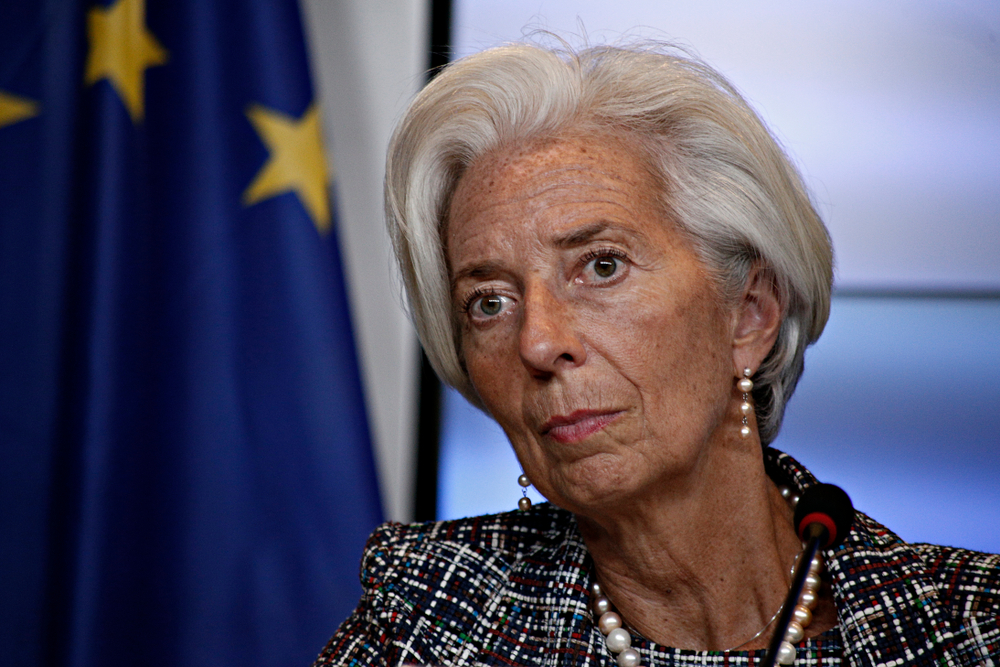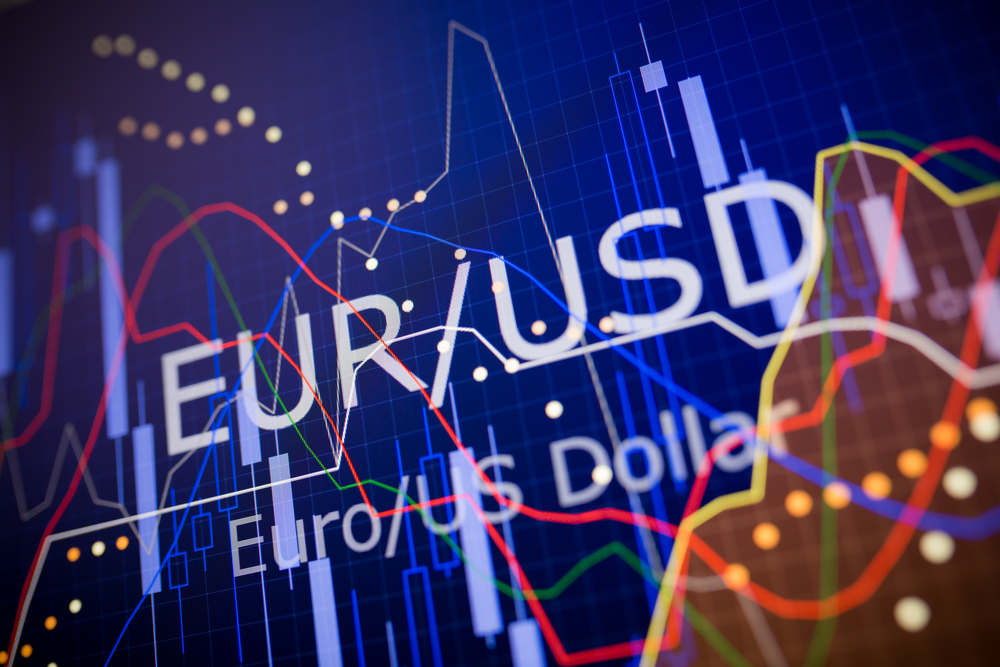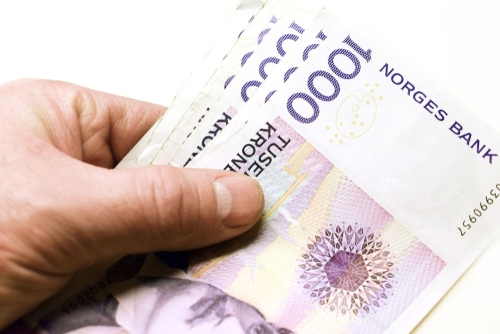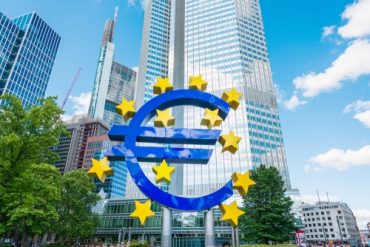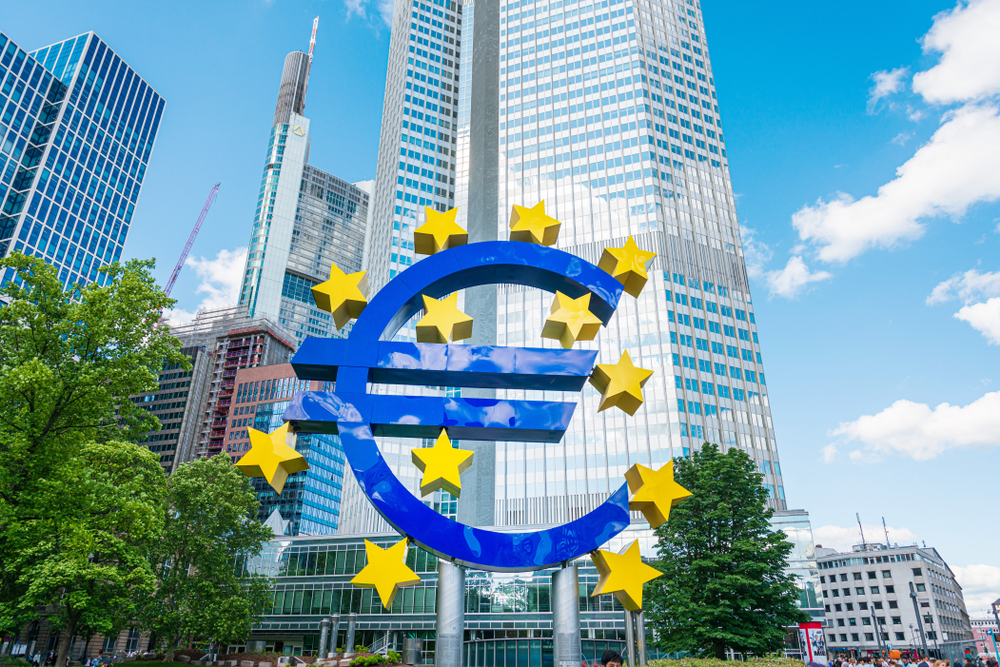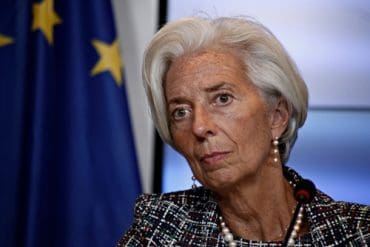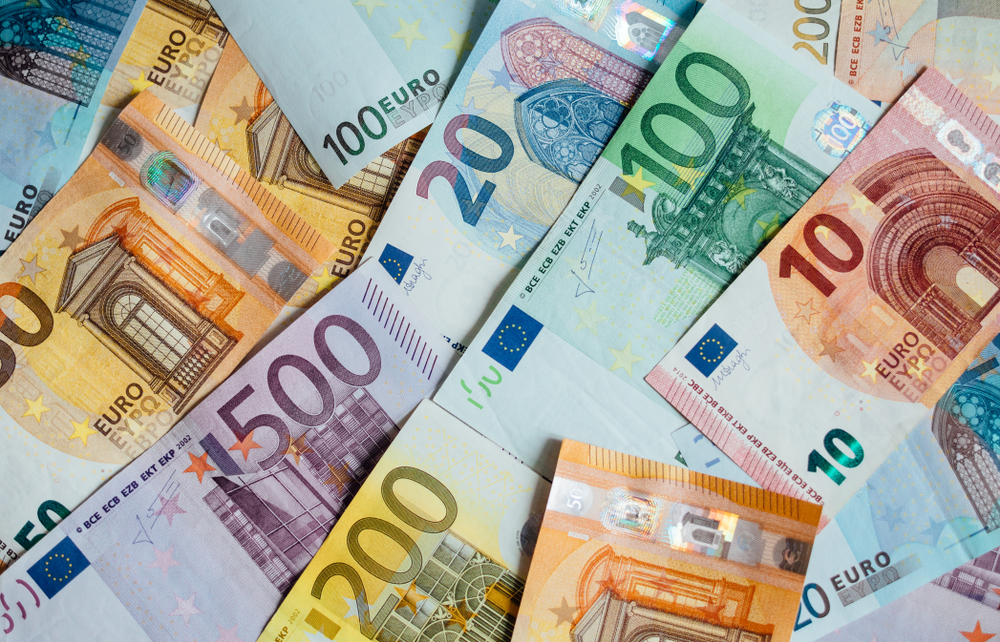ECB
On this page, you will read about everything you need to know about the European Central Bank (ECB) including its latest monetary policy decisions and market-moving speeches.
The European Central Bank (ECB) is the monetary authority in charge of money supply and price stability in the European Union. ECB was founded in June 1998 and headquartered in Frankfurt, Germany. The European Central Bank has, the right to authorize the issuance of euro banknotes. Member countries can issue euro coins, but the amount must be approved by the ECB.
The ECB’s Mission
The main objective of the European Central Bank is to maintain price stability: safeguarding the value of the euro (EUR). The ECB and national central banks together constitute the Eurosystem, the central banking system of the euro area.
Central Banks We cover for you: RBA –RBNZ –SNB – SARB –CBRT –Norges Bank –Riksbank – BOE –FOMC –BOJ– ECB.
The ECB is responsible for the supervision of the banking institutions in the euro area countries and in participating non-euro area Member States. The ECB contributes to the safety and soundness of the EU banking system and the stability of the financial system within the EU and each participating Member State.
In pursuing the maintenance of price stability, the ECB and Eurosystem will undertake the necessary economic and monetary analyses and adopt and implement appropriate policies. It will also properly and effectively respond to monetary and financial developments.
ECB’s monetary policy
The European Central Bank has defined price stability as a year-on-year increase in the Harmonised Index of Consumer Prices (HICP) for the euro area of below 2 percent. In achieving the target of price stability, the ECB aims at maintaining inflation rates below, but close to, 2% over the medium term.
Who Heads the ECB?
The European Central Bank’s President is Christine Lagarde and the Vice-President is Luis de Guindos. Christine Lagarde is the former Managing Director of the International Monetary Fund (IMF), and replaced Mario Draghi as President. The decision-making body of ECB is the Governing Council, which consists of the six members of the Executive Board plus the governors of the central banks of the 19 euro area countries.



